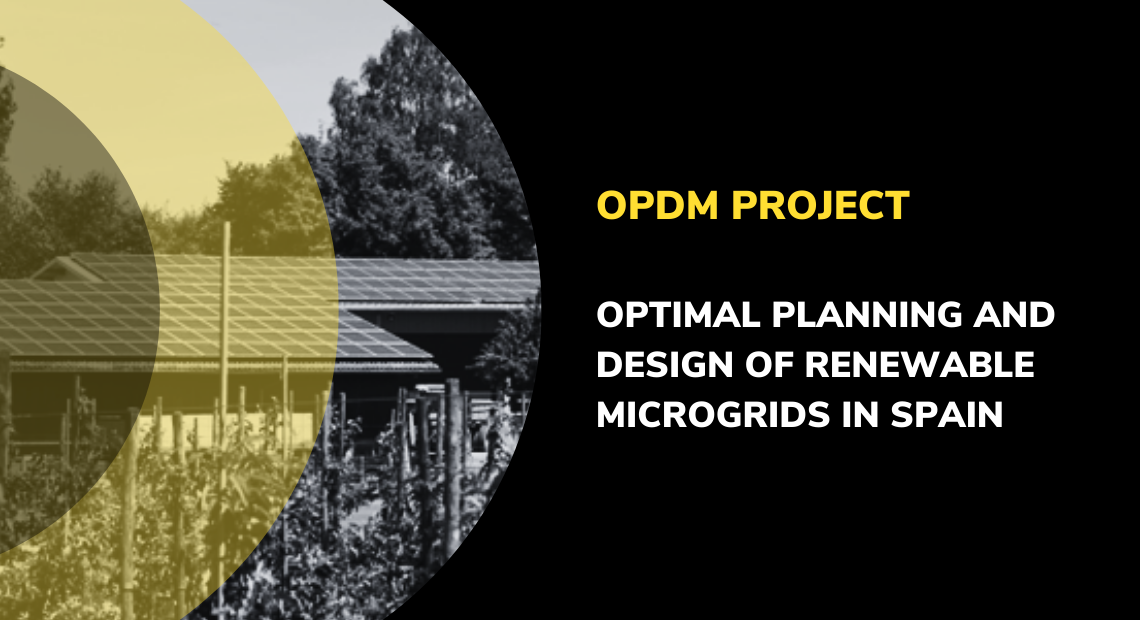The OPDM project recently wrapped up with a final meeting to review its findings and implications. In essence, the project aimed to optimize and design energy systems to provide clean, reliable, and cost-effective solutions. Specifically, it focused on determining the optimal sizing for hybrid renewable energy systems in remote areas. This involved accounting for uncertainties in generation and load demand, as well as variations in wind speed and solar irradiation. Advanced optimization techniques were employed to maximize economic, technical, and environmental benefits.
The project underscores its primary goals, emphasizing the significance of attaining optimal results, including reducing energy expenses and the risk of power interruptions. This commitment ensures the dependability and effectiveness of the proposed systems.
The testing methodology of the project, utilizing standard test systems and expanded to diverse remote regions, confirms the reliability and usability of the developed software tools.
In summary, the project’s efforts culminated in the advancement of energy optimization techniques and the development of practical solutions for remote areas. Its outcomes hold promise for fostering clean, reliable, and affordable energy systems in Spain and beyond.
OPDM was carried out by Salah Kamel, who joined the Power Systems research group at IREC and Jose Luis Domínguez García, head of the PS group, played a significant role in contributing to its progress.
This project has received funding from the European Union’s Horizon 2020 research and innovation programme under Marie Skłodowska-Curie grant agreement No. 801342 (Tecniospring INDUSTRY) and the Government of Catalonia’s Agency for Business Competitiveness (ACCIÓ).




